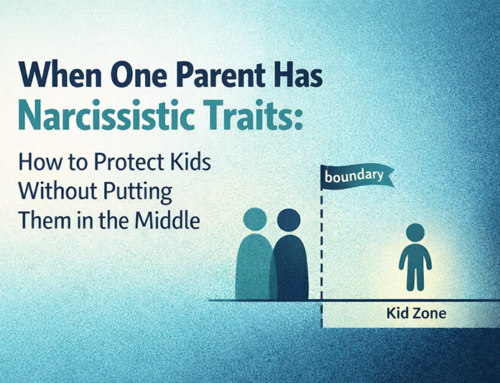Nurturing Self-Esteem and Reducing Negative Self-Talk: A Vital Ingredient for a Fulfilling Life

By Brenda Stephens, Licensed Professional Clinical Counselor
Nurturing Self-Esteem and Reducing Negative Self-Talk: A Vital Ingredient for a Fulfilling Life
Self-esteem is the mirror through which we view ourselves – not just superficially, but deep down at our core. It reflects our beliefs about our worth and abilities and plays a crucial role in navigating life, relationships, and challenges. A healthy level of self-esteem is essential for a fulfilling life, as it enables us to approach opportunities and hurdles with confidence and resilience. Yet, many people struggle with low self-esteem, which can cast a shadow on their happiness and potential. In this article, we’ll explore the importance of self-esteem, its impacts on our lives, and practical steps for nurturing and maintaining a strong sense of self-worth.
Understanding Self-Esteem:
Self-esteem derives from a combination of factors, including upbringing, experiences, and societal influences. It consists of self-love, self-acceptance, and self-respect—fundamentals without which we may find ourselves in a constant battle for validation and happiness. It’s crucial to distinguish self-esteem from ego or arrogance—true self-esteem is not about believing we are better than others but rather recognizing our intrinsic value as individuals.
The Influence of Self-Esteem:
The ramifications of low self-esteem can penetrate various facets of our lives, from the personal to the professional. Individuals with low self-esteem may harbor a heightened fear of failure, leading to avoidance of challenges or opportunities. In contrast, those with balanced self-esteem are typically better equipped to face new situations and rebound from setbacks. In relationships, self-esteem can mean the difference between healthy bonds based on mutual respect and toxic ties marred by insecurities.
Practice self-love and self-compassion:
- Treat yourself with kindness, understanding, and compassion. Be mindful of how you talk to yourself and challenge negative thoughts with encouraging and positive affirmations.
- Surround yourself with positivity: Surround yourself with supportive and positive people who uplift you and make you feel good about yourself. Avoid individuals who bring you down or contribute to your negative self-talk.
- Set realistic goals and celebrate achievements: Set achievable goals for yourself and celebrate your accomplishments, no matter how small they may seem. Recognize your strengths and successes.
- Practice self-care: Take care of yourself physically, mentally, and emotionally. Engage in activities that bring you joy and relaxation, such as exercise, hobbies, or spending time with loved ones.
- Challenge negative beliefs: Challenge and reframe negative beliefs about yourself. Replace them with empowering and positive beliefs that reflect your true worth and value.
- Positive Affirmations and Self-Talk: Counter negative thoughts with positive affirmations. Transforming our inner dialogue can have a profound impact on our self-esteem.
- Seek professional help: If negative self-talk is persistent and impacts your mental well-being, consider seeking support from a therapist or counselor who can help you work through these thoughts and develop healthier coping strategies.
- Practice gratitude: Focus on the positive aspects of your life and cultivate a sense of gratitude for the things you have. Keep a gratitude journal to remind yourself of the good things in your life.
- Engage in activities that boost self-esteem: Participate in activities that make you feel good about yourself, whether volunteering, learning a new skill, or helping others. Surround yourself with positivity and affirmations of your worth.







